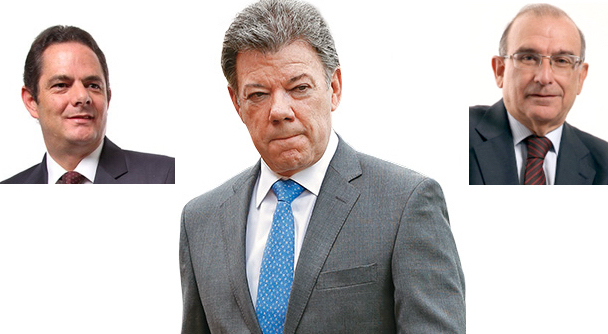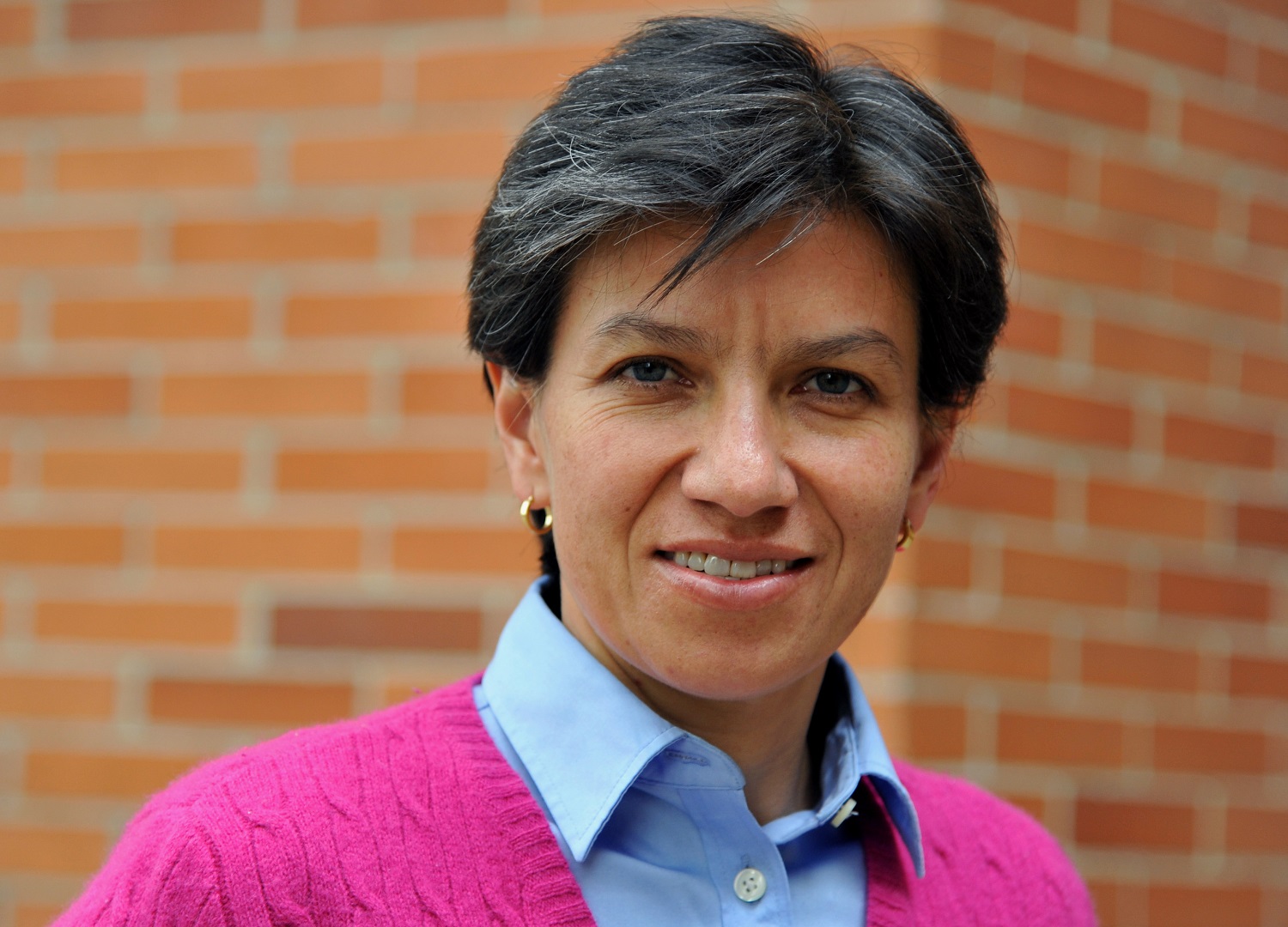Colombia has been, by all accounts, a country divided since the signing of peace accords with the FARC terrorist group on November 24, 2016. The accords were signed without popular support, as they were rejected in a national wide referendum six weeks earlier.
The debate over the controversial accords has been waged both on the streets and in the media. They have been called by many as morally and politically incorrect, from critics such as Medellin mayor Federico Gutiérrez, who has claimed that the accords unfairly reward criminals, to presidential candidate and former government minister Juan Carlos Pinzón, who advocate accords but on better terms, especially for FARC victims.
In public comments addressing the public’s concern, President Santos said yesterday that there were a lot of things that he didn’t like about the agreements, but that peace must become a priority and that the agreements had to be fulfilled in order to achieve peace. He told the public that a permanent peace will pay dividends for these efforts.
Most recently, Santos has come under fire for the agreement’s amnesty plan, which has thus far provided amnesty to more than 7,400 FARC terrorists. Of that 7,400, more than 1,400 had already been convincted and sentenced, and were released from prison.
Santos, however, said nothing which will quiet his critics. The peace accords are sure to be a central component of next year’s presidential election, and many candidates have already taken a stand. Santos, for his part, is suffering from historically abysmal approval ratings that have at times dipped under 20%.







